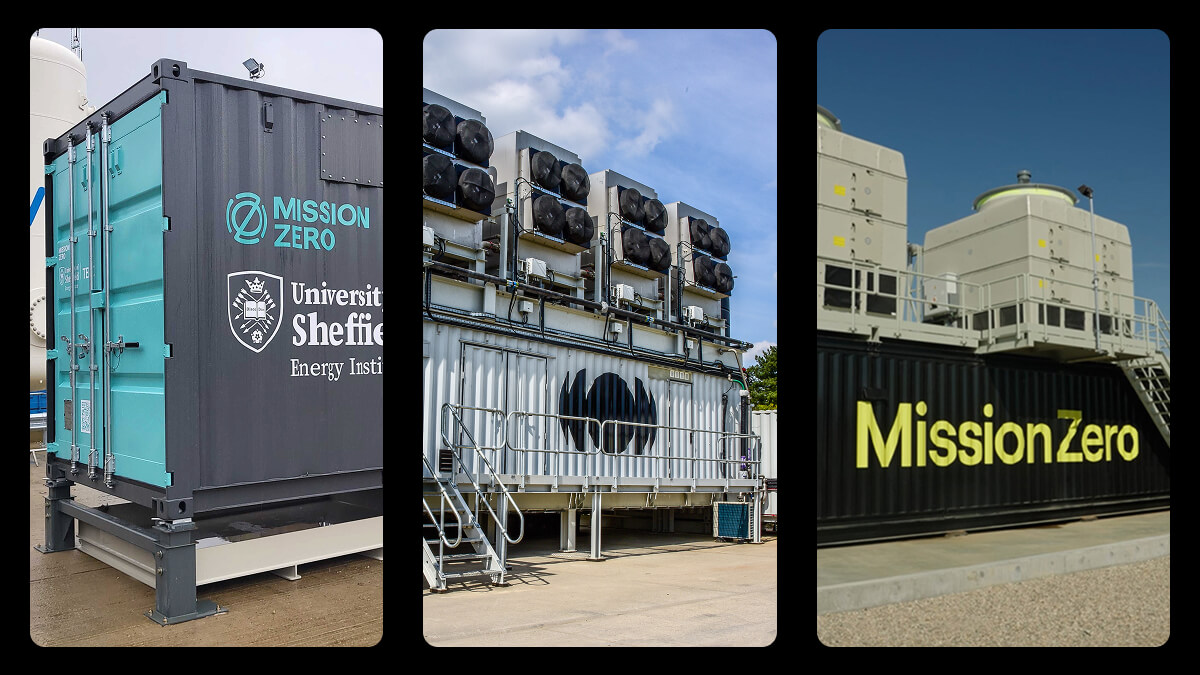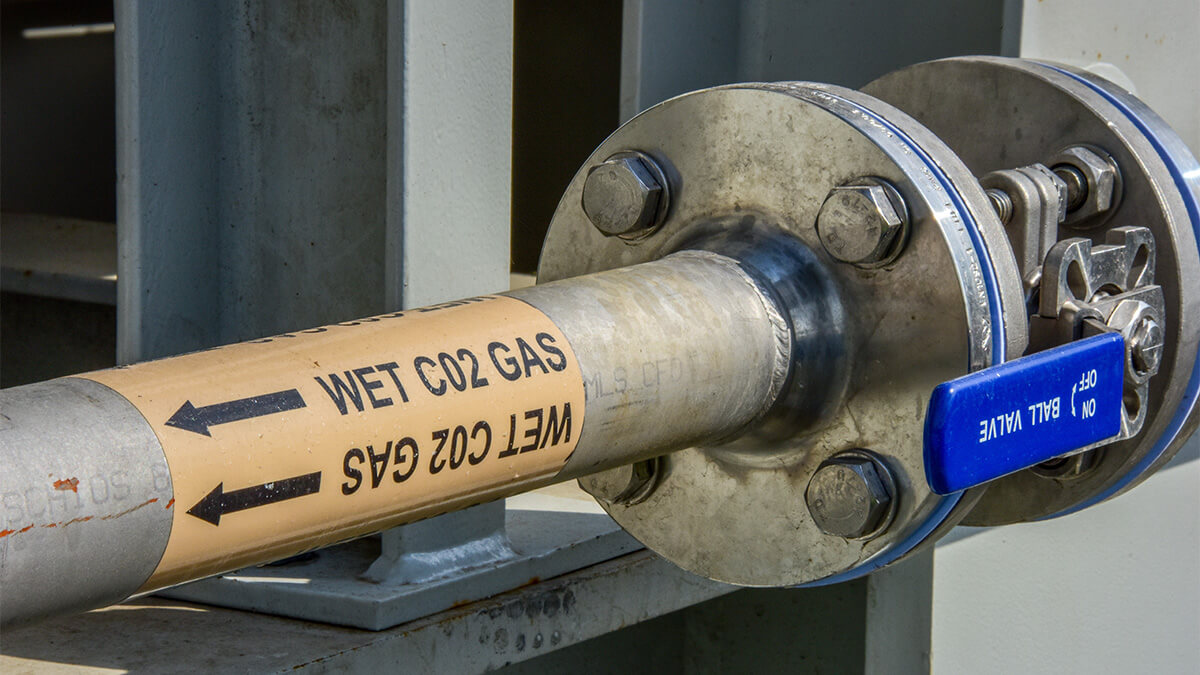At Mission Zero Technologies, we believe that permanently locking atmospheric CO₂ into rock via mineralisation represents the gold standard for carbon removal. Combining our energy-efficient direct air capture (DAC) technology with mineralisation at scale offers one of the most effective ways to address the historic carbon emissions that have unbalanced our climate. We just need to find system pioneers in the right locations with the vision to go all in.
In Deep Sky, we have found a natural carbon removal partner. On a mission to rapidly deliver gigaton-scale carbon removal, the Montreal-based project developer will operate our technology to help scale permanent carbon removal via DAC+mineralisation in Canada. A first-of-a-kind (FOAK) electrochemical demonstration plant to be delivered in 2024 will capture 250 tons of CO₂ from the air annually. Once validated, the aim is to then build a commercial facility capable of removing between 100,000 and one million tonnes annually.
Designed for easy integration with load-variable renewable electricity sources, our modular DAC system is an ideal choice for Deep Sky’s test facility located in Quebec, where vast reserves of hydroelectric energy can ensure a highly net-negative solution. By using mature, off-the-shelf components in a heat-free system, our technology also provides the supply chain certainty and energy efficiency needed to rapidly scale this form of carbon removal post-demonstration.


“With the addition of Mission Zero’s tech at our Alpha Lab facility in Canada, commercialised carbon removal at scale is within reach.” — Damien Steel, Deep Sky CEO
The partnership marks an important milestone for Canada’s emerging carbon removal industry. “Deep Sky recognises the primacy of DAC for delivering carbon removal at scale,” said our CEO, Dr Nicholas Chadwick: “Our partnership will cement Canada’s importance as a future location for multi-megaton DAC projects.”
As our first plant to operate in sub-zero temperatures, the partnership will also enrich our understanding of operating DAC in diverse climates and geographies — expanding the application of this critical technology for maximum positive climate impact.





